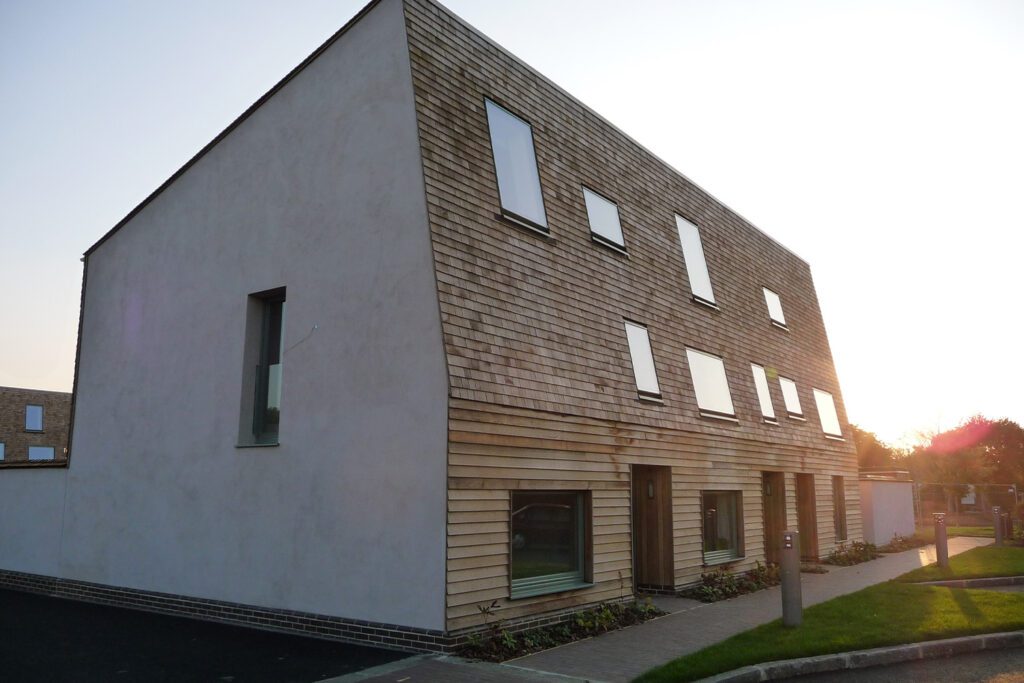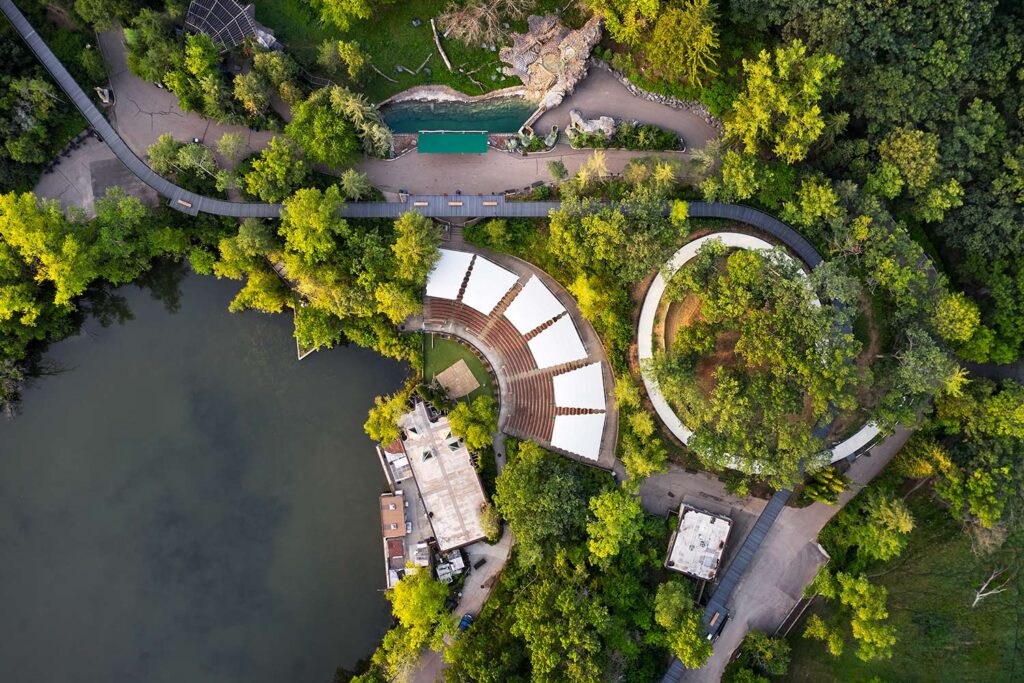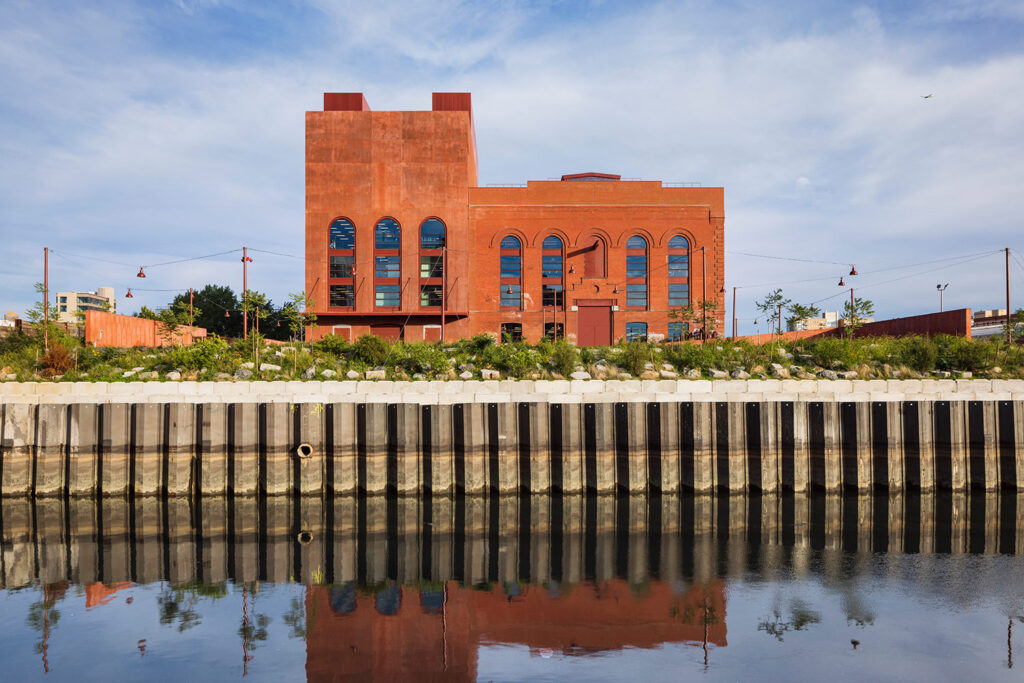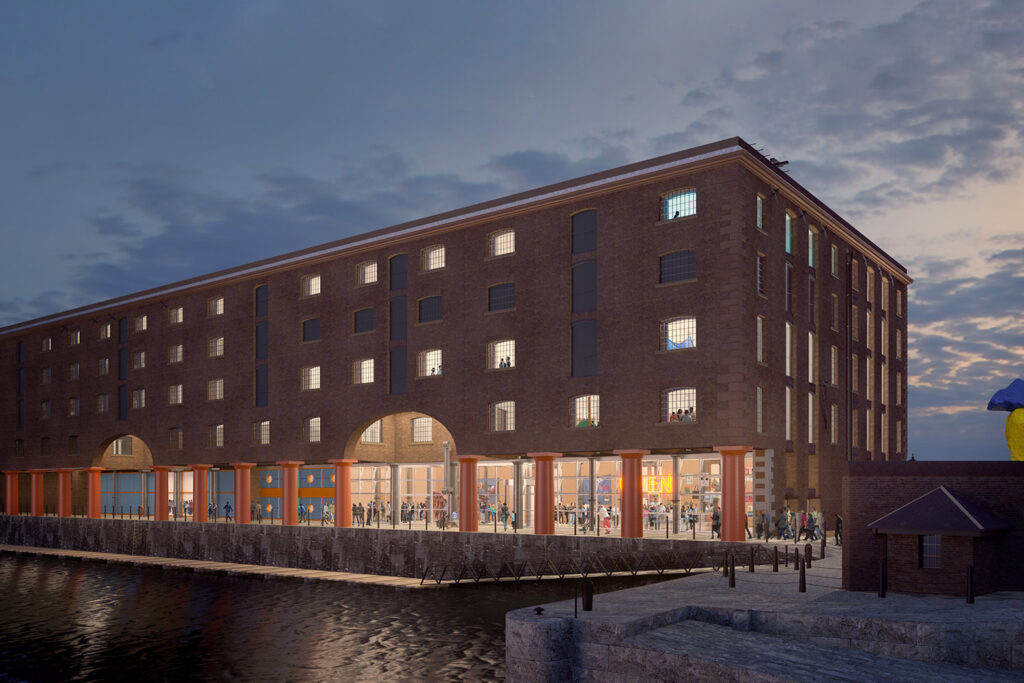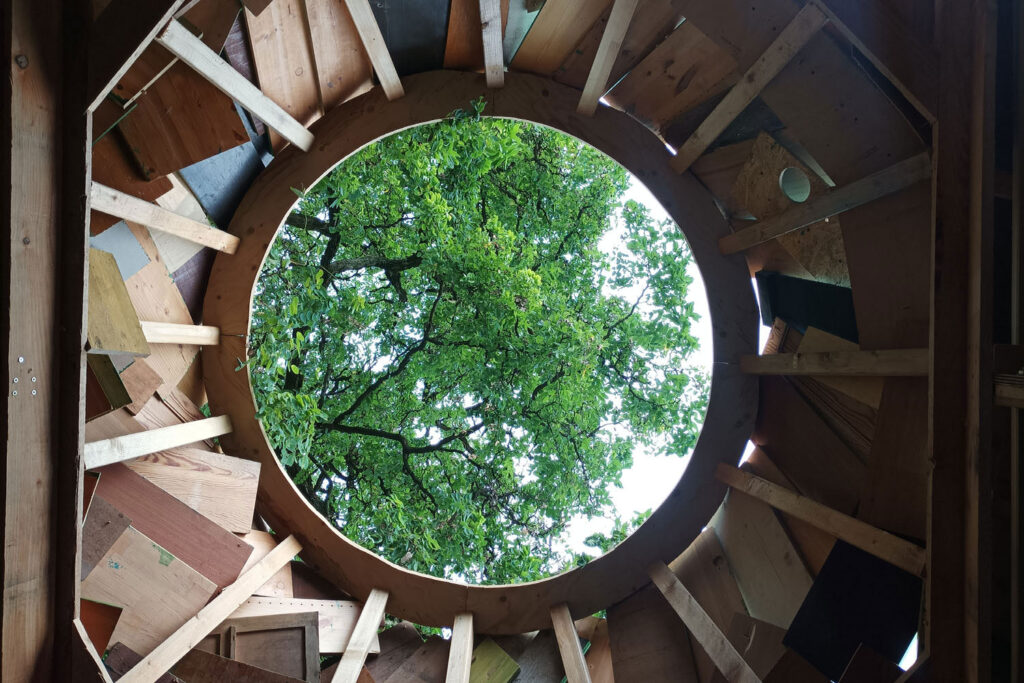
Glasgow Royal Concert Hall
Glasgow, UK
Project details
Client
Glasgow Life
Duration
2020-2021
Services provided by Buro Happold
Advisory, Building Management Systems, Smart places, digital and data advisory
Glasgow Royal Concert Hall, the main performance venue for the Royal Scottish National Orchestra (RSNO), is a vital part of the city’s cultural fabric. With its 2,475-capacity main auditorium, and range of smaller performance spaces and exhibition halls, the venue is close to the hearts of many Glaswegians.
Challenge
Like many venues, the Glasgow Royal Concert Hall has a focused sustainability plan to ensure it lowers its carbon footprint in response to the climate emergency. The management team at the venue is keen to ensure it is doing all it can to ensure it achieves its sustainability pledges.
Its existing building management system (BMS) was more than 20 years old, meaning that an update would significantly improve the energy efficiency of the building and give the team more control over its energy consumption.
Buro Happold was engaged to provide expert consultancy on retrofitting an up to date BMS and controls package that would be more efficient, resilient and future-proofed.
The initial challenge for our team was to understand the quality and efficiency of the equipment already in place, to ensure they could develop a robust plan to deliver the most impactful solutions within the client’s constrained budget.

Solution
Our experts conducted a detailed on-site assessment of the legacy equipment and calculated an energy performance benchmarking analysis using the available data for the building’s current consumption. This was presented to the client, with benchmarking comparisons to around 30 other performance venues.
Informed by this initial assessment, our team built a plan to deliver a package of new controls software and BMS hardware that would have the greatest impact on reducing the venue’s energy consumption, tailored within the client’s budget.
Armed with these complex assessments and plans, the client was then able to tender for a contractor to install the proposed system upgrades.
Alongside the development of specifications for new system elements, we also developed a more efficient control programming scheme that would ensure that the venue was only being heated or cooled when it was necessary. The new software-driven scheme also allowed for more intelligent adaptability of the climate within the building around the client’s requirements.
We produced detailed calculations on the return-on-investment for installing variable speed drives across all of the air handling units. These allow for greater adaptability and therefore efficiency of the heating and cooling systems. Our experts recommended a number of interventions including sensor replacement, control hardware and replacement of variable speed drives for optimum return on investment.

Value
The Buro Happold team developed a bespoke plan that would significantly improve the energy efficiency and resiliency of the legacy building management system at the venue. We carefully identified the elements that could be retrofitted with the highest impact and at the lowest cost within the client’s limited budget.
This was informed by a detailed energy performance benchmarking analysis, which brought considerable added value to the client, allowing them to understand how their building’s energy consumption performed relative to comparable sized venues of a similar age.








